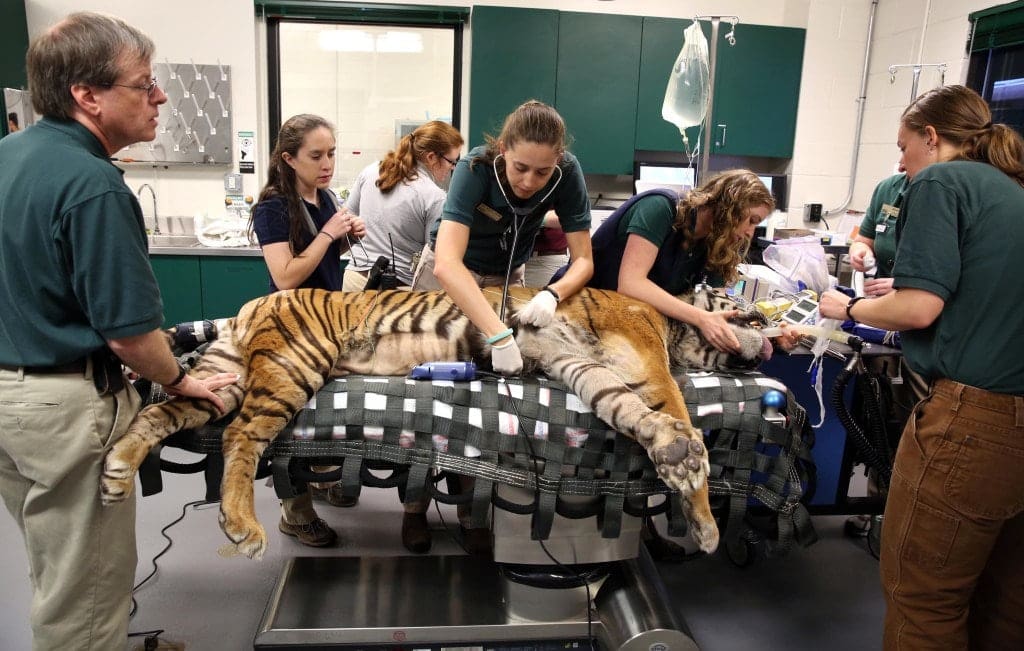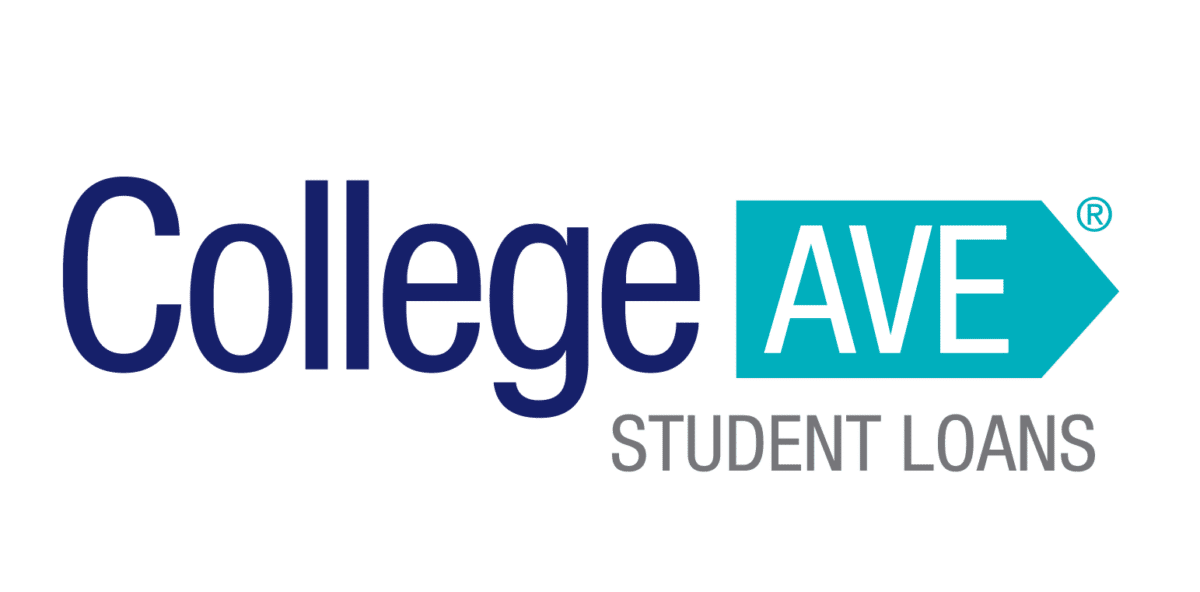
A half billion dollars over 10 years. That's the approximate projected cost of the recently announced 10 year, $508 million UC Davis vet school expansion. My primary business here at Student Loan Planner® is to help clients and readers find ways to save money on student debt. From a logical point of view, I shouldn't be commenting on ways schools will drive up student debt because it will eventually bring me more business. However, sometimes I like to switch into advocate mode when I read things that will contribute to the high cost of a DVM degree in the near future, as if it wasn't already expensive enough.
Expanding the Vet School Seems Reasonable, But the Price Tag Doesn't
I read somewhere that UC Davis students were having to conduct examinations in the hallway because of lack of space. The main building has been around for almost 50 years. When they built it, they had 3,000 patients and now they have over 50,000. On the surface, it sounds reasonable to build a new space because they've got a crowding problem at their teaching hospital.
I don't take issue with renovations and expansions at grad schools, but I do question the cost. UC Davis CVM has a little under 500 students. It adds between 100-150 each year as first years. Over the next 20 years, the school might educate about 3000 veterinarians.
Unless the teaching hospital brings in an insanely high amount of money, $508 million divided by 3000 students comes out to about $167,000 per student. Maybe the school would suggest that I use the expected number of veterinarians over 50 years. Regardless, there is a ton of money about to be spent per student on facilities alone.
Obviously, each patient visit to the hospital should bring in some revenue, but certainly veterinary tuition will be subsidizing the cost of this long term capital plan.
The University plans to increase the class size from the ~120 today to about 150-180. If that takes students away from the ridiculously expensive Caribbean colleges, then I'm all for it. However, I have serious doubts that the school will be able to attract that number of applicants in the challenging environment for vet school in the future.
Will Veterinary Medicine Become a Field for Children of the Rich?
Let's address an awkward truth. UC Davis is one of the top 10 most expensive vet schools. It is located in high cost of living California and charges a fairly high amount for tuition as well. I perused the school's website and found a lot of priorities like increasing faculty salaries, funding research, and funding this expansion, one of the largest in the history of veterinary schools.
How can the school pay for this expansion? The answer I think has to be twofold: more vet students and higher tuition.
There's one problem with that though. Veterinary medicine as a whole faces a decline in demand from applicants. The profession is headed towards a 1 to 1 ratio of applicants to seats. In prior years, many more people applied than could get in to vet school. While there are still more applicants that spots, I don't think this will be true for too many more years.
Increasing pressures in the upward cost of education could push veterinary medicine into becoming a field for the children of the rich. Unless you've got a really generous family with money to spare, how could anyone justify taking on $300,000 in debt or more for a job that most likely will never pay much more than $120,000-$150,000? And that's only if you're willing to take the risk of becoming a practice owner.
Hopefully Vet Schools Will Start Caring About Cost of Education
UC Davis has every right to try to maintain its spot as one of the preeminent vet schools in the world. If I happened to work at the UC Davis CVM, I'd want to expand and be the best in the world too. However, what price should veterinary students pay for this goal?
I've consulted with 46 veterinarians in the past year to help them create a student loan plan. Most love their work, but they speak of fatigue, burnout, and feeling underappreciated. The added stress of owing more than most people's mortgage has led many to tell me they don't know if they would make the same decision again.
If I'm a current or prospective vet student, I hope that schools like UC Davis will not just ask the question, “how do we stay on top?” I hope that vet school administrators will prioritize the question, “how do we minimize the financial impact to our students from getting a DVM degree?
The Cost of Vet School Will Be Increasing by 50% or More Thanks to the Trump Student Loan Plan
Here's a cautionary tale for any grad school in the US planning on huge expansion plans. President Trump is about to make grad school a lot more costly.
Grad schools around the country frankly have not had to worry about the cost of their education thanks to the generous REPAYE and PAYE programs. Limited to 10% of discretionary income, these two government repayment programs make even the most unbelievably high debt burden bearable. Additionally, forgiveness happens in 20-25 years.
Trump seeks to eliminate both repayment programs and replace them with a 30 year repayment time table on a plan that requires 12.5% of your income. The long term cost of vet school will certainly be higher under this new proposal. I've run the numbers to compare this plan to Pay As You Earn. My simulations show an average long term cost increase of about 60%.
Whether You Already Owe a Ton in Vet School Loans or Are Trying to Decide if Vet School is Right for You, I Can Help
I've advised $13 million in vet school loans the past year. My primary goal is to reduce the cost of vet school as much as possible by coming up with a personalized repayment strategy for you. If you're on IBR or aren't setting anything aside for the tax bomb of REPAYE and PAYE, I can help.
If you're interested in figuring out the financial implications of going to vet school, we can also model that for you. Email me or click on the button below.
Hopefully, schools like UC Davis can help with prevention in the total cost of a DVM. That starts with right sizing the cost of future capital projects to the economic value and demand of the degree. A veterinarian can be the best educated and prepared in the world, but if she owes $400,000 it's going to be really hard for her to create financial security for her and her family.
| Lender Name | Lender | Offer | Learn more |
|---|---|---|---|
| Sallie Mae |

|
Competitive interest rates.
|
Fixed 4.50 - 15.69%
Variable 6.37 - 16.78%
|
| Earnest |

|
Check eligibility in two minutes.
|
Fixed 4.67 - 16.15%
Variable 5.87 - 18.51%
|
| Ascent |

|
Large autopay discounts.
|
Fixed 4.09 - 14.89%
Variable 6.22 - 15.20%
|
| College Ave |

|
Flexible repayment options.
|
Fixed 4.07 - 15.48%
Variable 5.59 - 16.69%
|

Travis, I appreciate your concern for the veterinary students. I, too, am a veterinarian in massive debt. However, you make a lot of unfounded assumptions in this article, including that tuition pays for the new hospital. As high as tuition is, it is not an income generator for Schools, nor is it funding this project. The School of Vet Med has a lot of Friends, and their private donations are funding the majority of this project over the next twenty years. Thank you for your comments and the work you do!
I hear you Emily. My question would just be why is the tuition so high if it’s not income for schools?